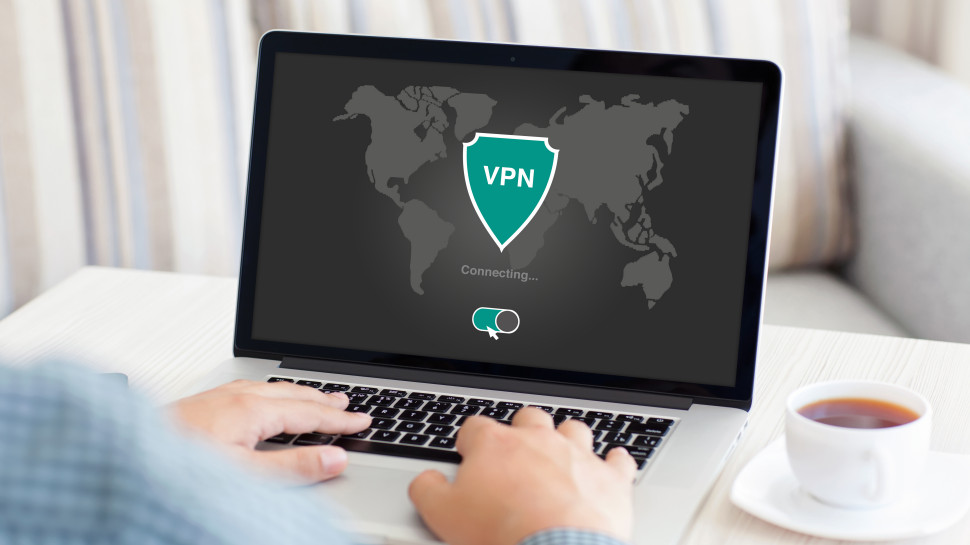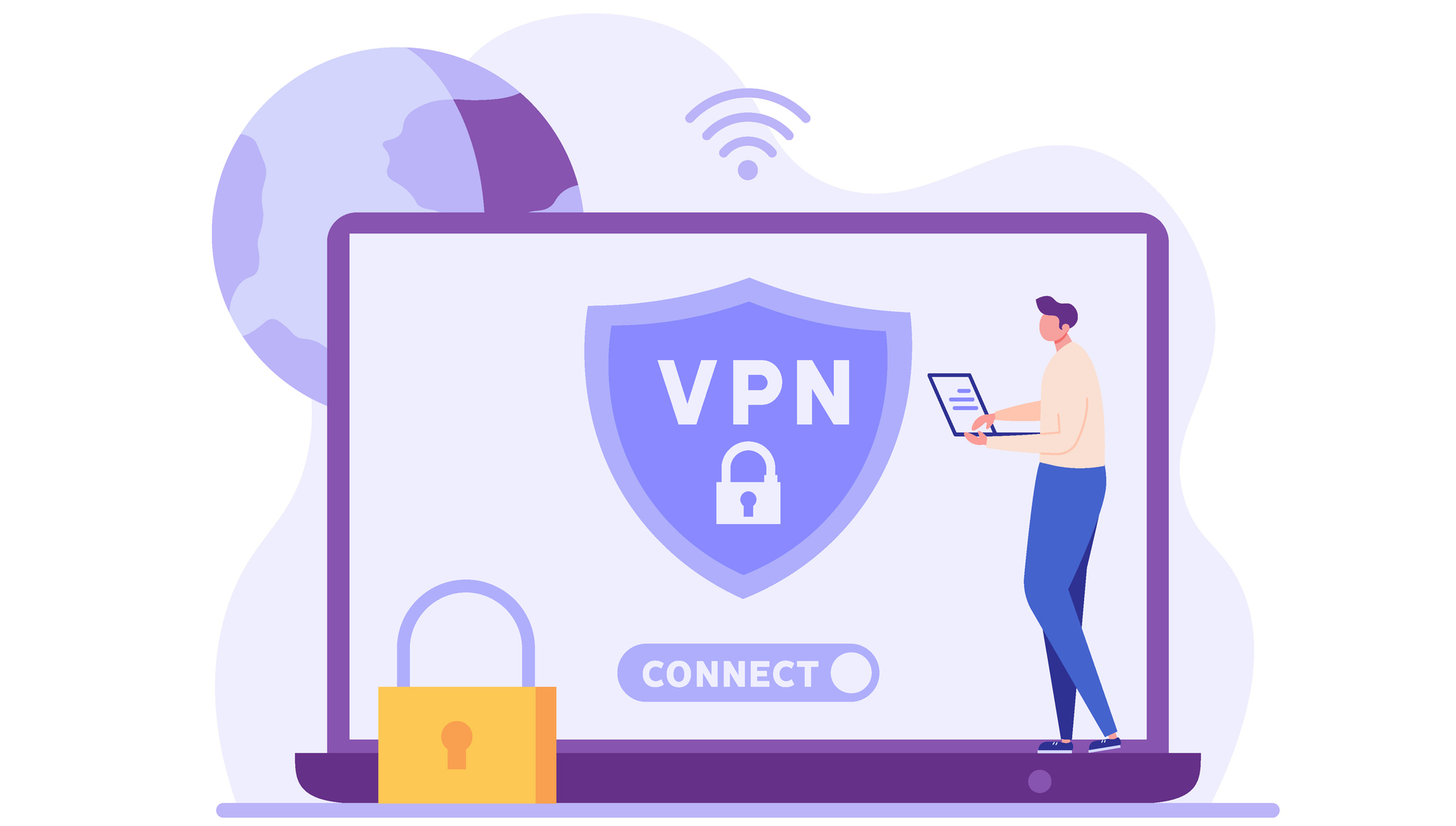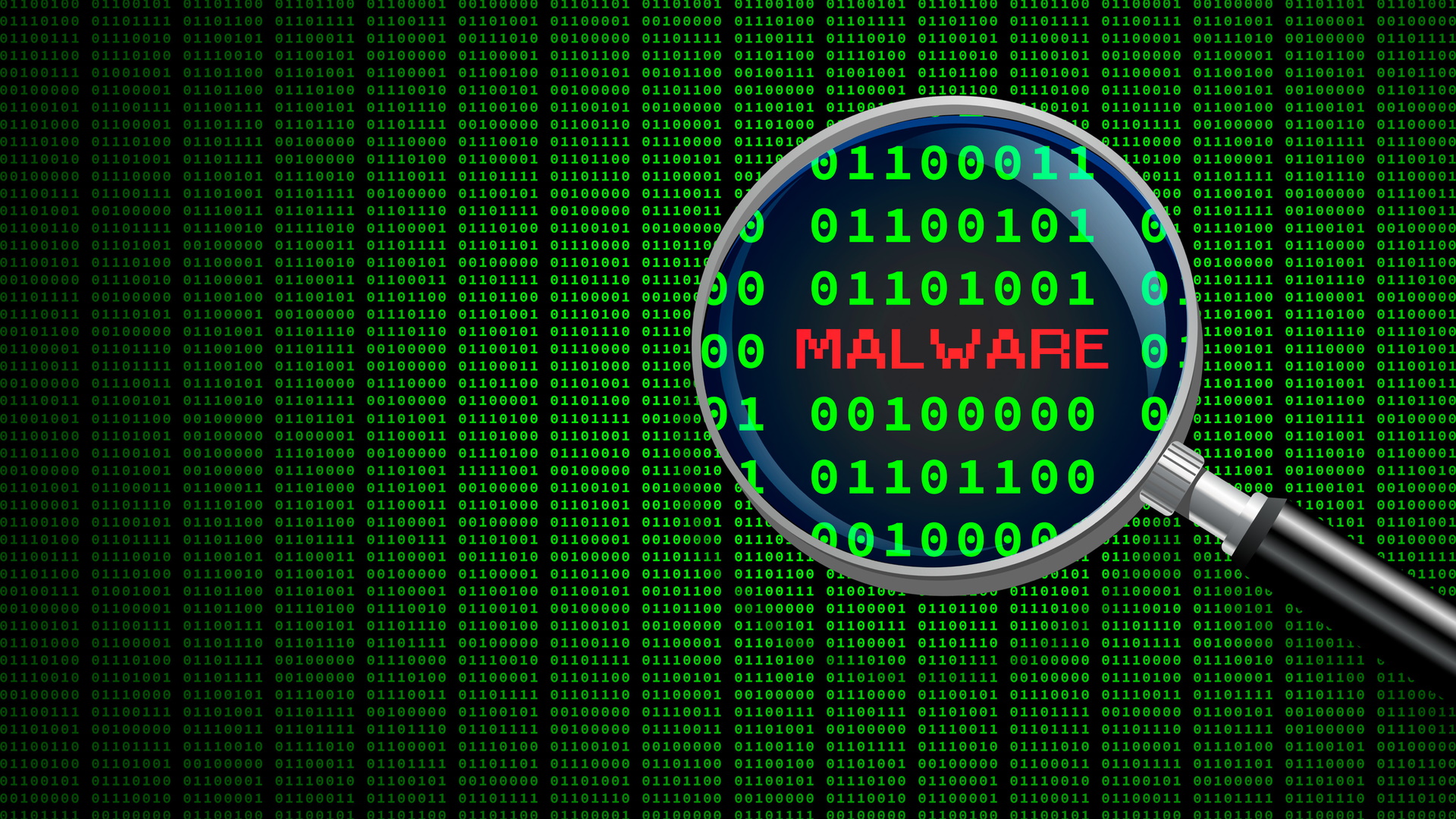When you purchase through links on our site, we may earn an affiliate commission.Heres how it works.
It’s happened to all of us.
Well, the truth is way more complex than that.

A VPN certainly works well if you want to boost your anonymity.
It’s security software able to protect you fromsomedigital threats, in fact.
It even conceals your browsing habits and downloads by encrypting the data leaving your gadget.

Nonetheless, not even the very best providers make you totally invisible online.
There’s no bigger threat than believing you’re protected when you are not.
Below, I look at five threats a VPN cannot hide you fromand what you should do instead.

What is a VPN?
For starters, let’s clarify what a VPNisanddoes.
Short forvirtual private online grid, a VPN is security software that encrypts all your internet traffic.
TheIP addressis like your home address for the internet.
It’s then a unique identifier assigned to you by your internet service provider (ISP).
A VPN spoofs this original IP address with one that belongs to a VPN server.
At the same time, a VPN spoofs your location by hiding your realIP address.
This enables you to appear in a completely different part of the world.
This is exactly why so many people use astreaming VPNto access censored sites and services.
NordVPNis currently at the top of our best VPN charts.
I also recommend revising your account’s privacy controls to minimize the data you share with others.
They may do so by tricking you into revealing your bank account details to commit financial fraud.
Also, thanks to AI-powered tools, attackers can craft increasingly convincing messages at high speed.
This means phishing attacks will keep happening in the future.
Watch out for telltale spelling mistakes and other grammatical inaccuracies.
Again, a VPN usually cannot help you here.
There are, however, some VPN services that offer malware-blocking tools.
Some other providers, includingExpressVPNandPrivate Internet Access, are equipped with similar advanced protections.
That’s why I recommend combining your VPN’s malware-blocker tool with reliableantivirussoftware for full protection.
Tracking cookies, though, are stored directly on your web web client.
Hence, VPNs aren’t much of a help against such trackers.
To mitigate the risks, I recommend clearing the internet cookies on your devices on a regular basis.
As a rule of thumb, you should sign off from your accounts when conducting sensitive activities.
Worse still, Google was even found to havestored your incognito browsing datafor years.
I also recommend switching away from Big Tech products as much as possible.
For instance, you might opt for a more private andsecure browserinstead.
If you’re looking to get one for yourself, remember that not all VPNs are made equal.
I suggest finding one that offers some advanced security protections.